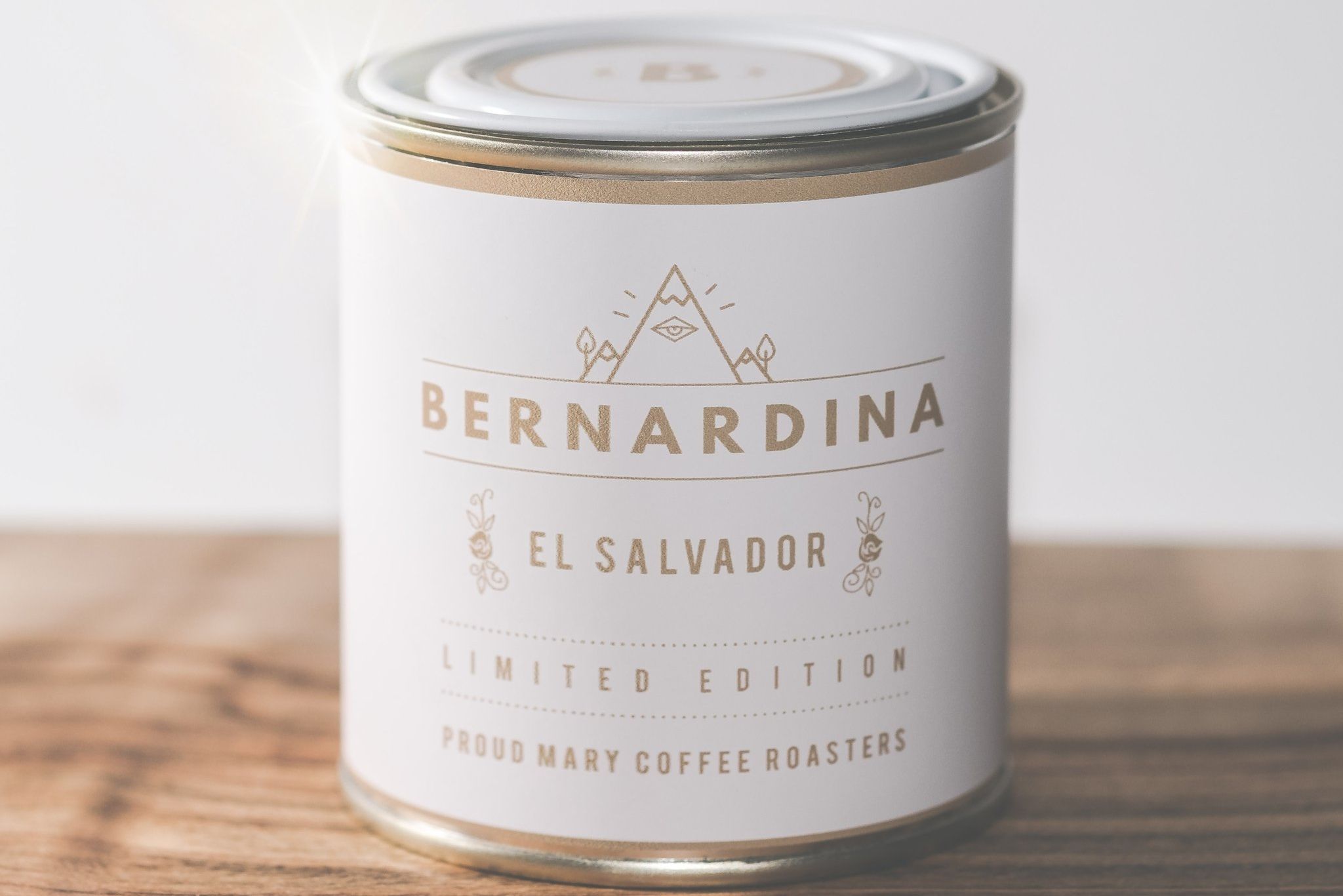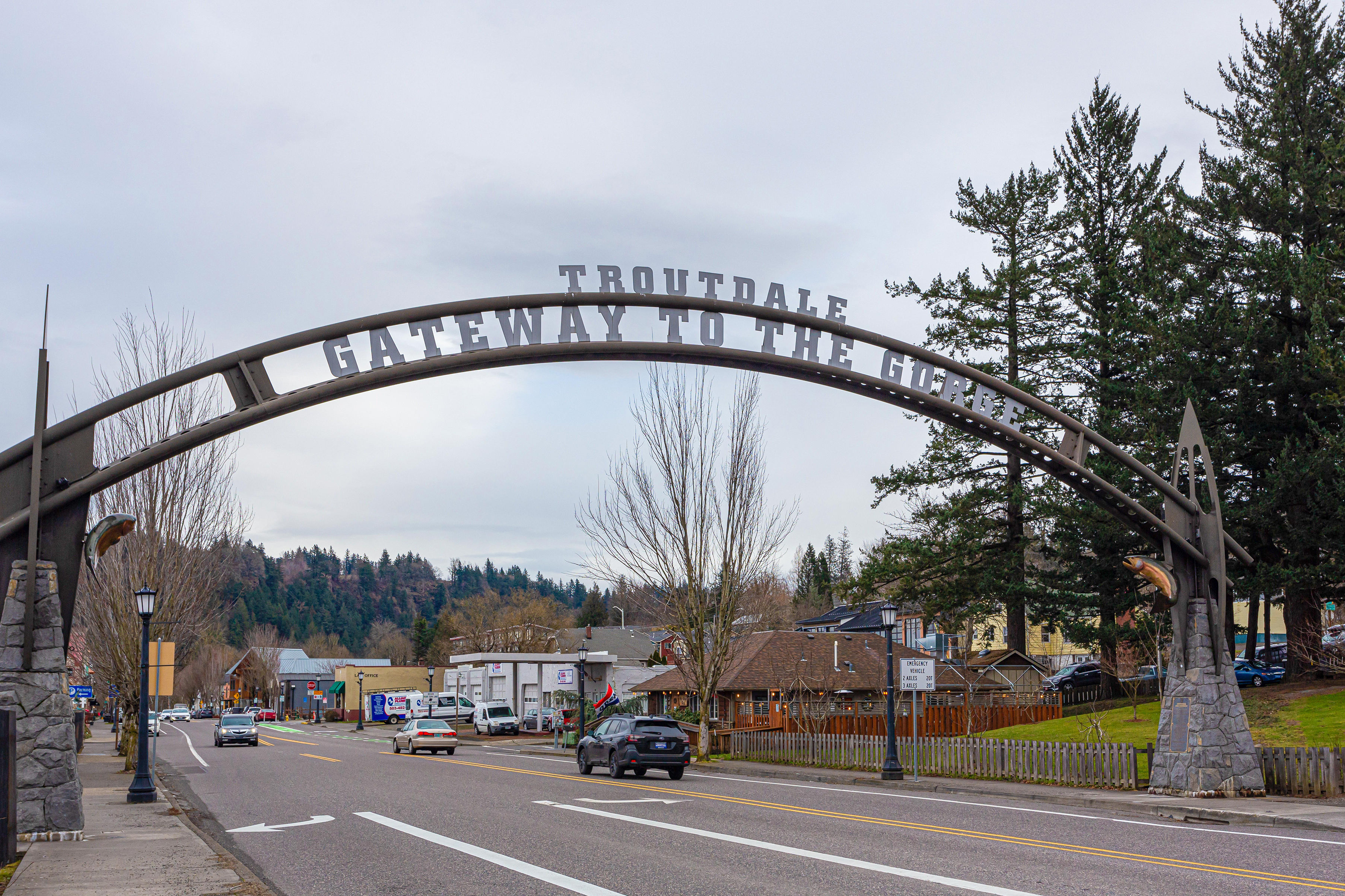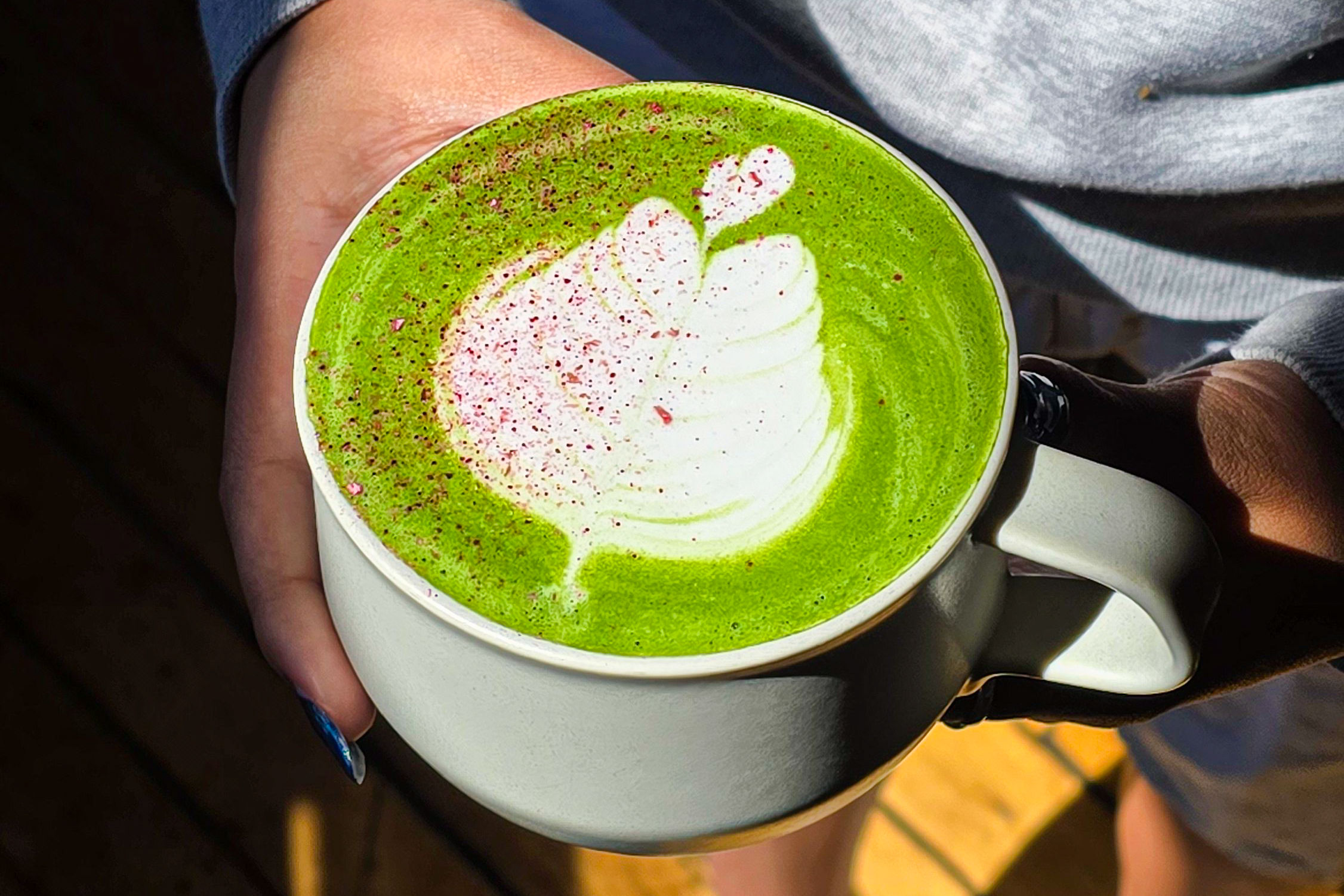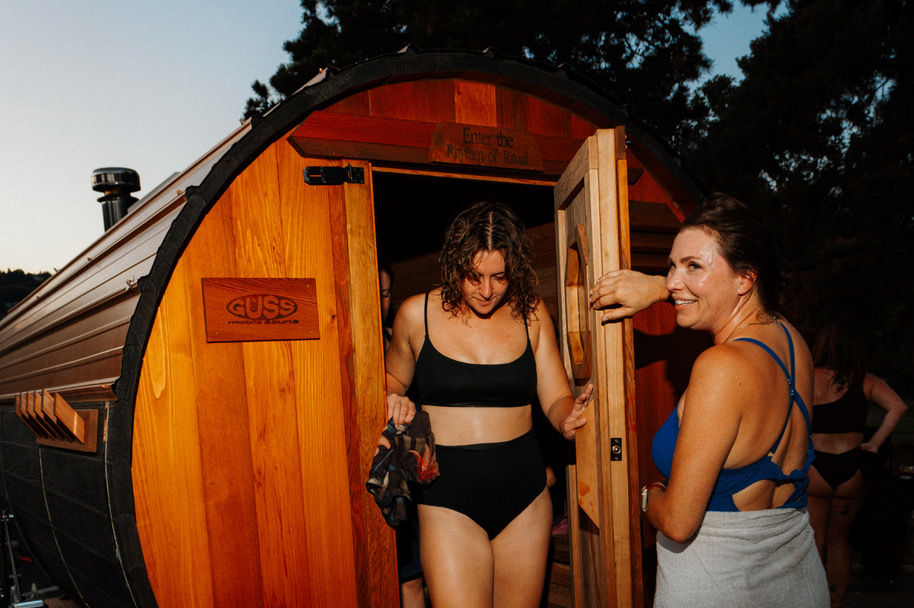The Most Expensive Coffee You Can Buy in Portland

Image: ADragan/shutterstock.com
Ordering a pour-over at Proud Mary Café, on Northeast Alberta, cues a highly orchestrated series of events. The barista empties a portioned vial of beans into a grinder, then presents the fresh grounds in what looks like a miniature metal milkshake tumbler, alongside a thick information card that reads like a museum placard. You nod, indicating the fresh grounds smell good; the barista retrieves them, and returns momentarily with a stemless wine glass of brewed coffee that exuberantly wafts essential oils and aromatic compounds in your face.
A $16 coffee doesn’t sound ludicrous under these conditions.
“Coffee has been underpriced for the last 100 years,” says Sebastian Villamizar, managing partner of Futura Coffee Roasters, a local company that is closely affiliated with a coffee farm and distribution center in Colombia. He says the disconnect is “massive,” and traces it to the industry’s colonialist roots. Coffee insiders are quick to point out that the beverage could easily command the same prices as wine, though wine is an almost $67 billion industry in the US; coffee is about $11 billion.

A Sidra coffee plant at La Palma y El Tucan, a coffee farm in Colombia that works closely with Portland's Futura Coffee Roasters.
Instead of grapes, coffee fruits are called “cherries”; the pit is the bean. Coffee is fermented like wine, too. Generally, the cherries are sun-dried around the pit, lightly fermenting along the way. Then the fruit is milled, removing the pulpy material and exposing the familiar beans. After more drying, these “green” coffee beans are shipped to a roaster to be carefully toasted before being packaged and sold, or ground and brewed. “Natural,” “washed,” “honey,” and myriad styles of processing and fermentation methods listed on packaging all refer to variations on this process. The resulting coffee beverage has at least as many distinct aromatic volatiles as wine—the nuance that creates memorable food experiences. But a $16 glass of wine doesn’t raise eyebrows.
Portland, as you may know, is one of the most densely populated coffee cultures in the country, with more than double the national average of coffee shops—nearly 30 per 100,000 people. We’re spoiled with incredible roasters and cafés in Portland that consistently put out cups light-years ahead of corporate chains.
Generally, retail coffee beans are sold in 12-ounce bags, which, on the higher end, go for $20 to $30. Specialty or “competition” coffees are often sold in 100-gram canisters (about 3.5 ounces), to offset the steep prices, but also because they’re not intended to be daily brews.
The Most Expensive Coffee in Portland

Image: Courtesy Proud Mary
Nahun Fernandez Washed Geisha
Finca Don Andres farm, Honduras | Proud Mary | $34 per 100 grams of beans, $16 pour-over
Though originally from Ethiopia, a specific Panamanian strain of Gesha (or Geisha) is the most revered coffee bean varietal. “To me, it tastes like bubblegum and Froot Loops,” says Matt Lounsbury, senior vice president of Proud Mary. “If you lined 100 different coffees up, and only one Gesha, you’d be able to spot it.” He says they buy pretty much everything Nahun Fernandez grows on his Santa Bárbara, Honduras, farm, which has been in his family since 1970. Years ago, Proud Mary founder Nolan Hirte brought the seeds of this coffee to the Fernandez farm from Panama. This Gesha is washed, meaning it’s stripped of the pulpy fruit and rinsed before fermenting, making it a very pure distillation of the varietal. Proud Mary once served a Best of Panama Auction–winning Gesha coffee called Black Jaguar; cups were $150 each.
Roaster’s tasting notes: floral, apple, mandarin
Other Pricey Coffees in Portland

La Palma y El Tucan Bioinnovation Sidra
La Palma y El Tucan farm, Colombia | Futura | $35 per 100 grams of beans, $10 pour-over
Futura’s partner farm in Colombia, La Palma y El Tucan, worked with a lab to hone a specific strain of microorganism to ferment this coffee. Villamizar recommends Sidra for both pour-over and espresso applications, because, he says, it’s a more balanced, fuller coffee than Gesha, which can be overly acidic when brewed as espresso. Mimicking a common winemaking method, they harvested cultures from the coffee field (just like a vineyard would harvest yeast from its fields), then separated and tested them to find the most delicious strain; they call the process "bioinnovation." This coffee was fermented with the cherry intact, making it “naturally” processed. “I think this coffee’s cheap,” Villamizar says, mentioning it’s been used in world championship barista competitions, “compared to what it should be.”
Roaster’s tasting notes: apple cider, limoncello, honey

Image: Courtesy Push x Pull
Rodrigo Sanchez Valencia Coconut Lemonade Coferment Purple Caturra
Finca Monteblanco farm, Colombia | Push x Pull | $30 per 10 ounces of beans, $10 pour-over
Push x Pull founder Christopher Hall says his company specializes in the “hazy IPAs of the coffee world.” With delicate but dramatically fruity flavor profiles, its coffees often prompt a (delighted) double take. This particular coffee is an example of yet another wine industry parallel: cofermented coffee, meaning beans fermented alongside other fruits. Here, Purple Caturra beans from grower Rodrigo Sanchez Valencia’s generational family farm, Finca Monteblanco, are “washed” (stripped of their pulp and rinsed), then fermented with coconut and citrus, producing a more literal take on “tasting notes.”
Roaster’s tasting notes: toasted coconut, lemon meringue




